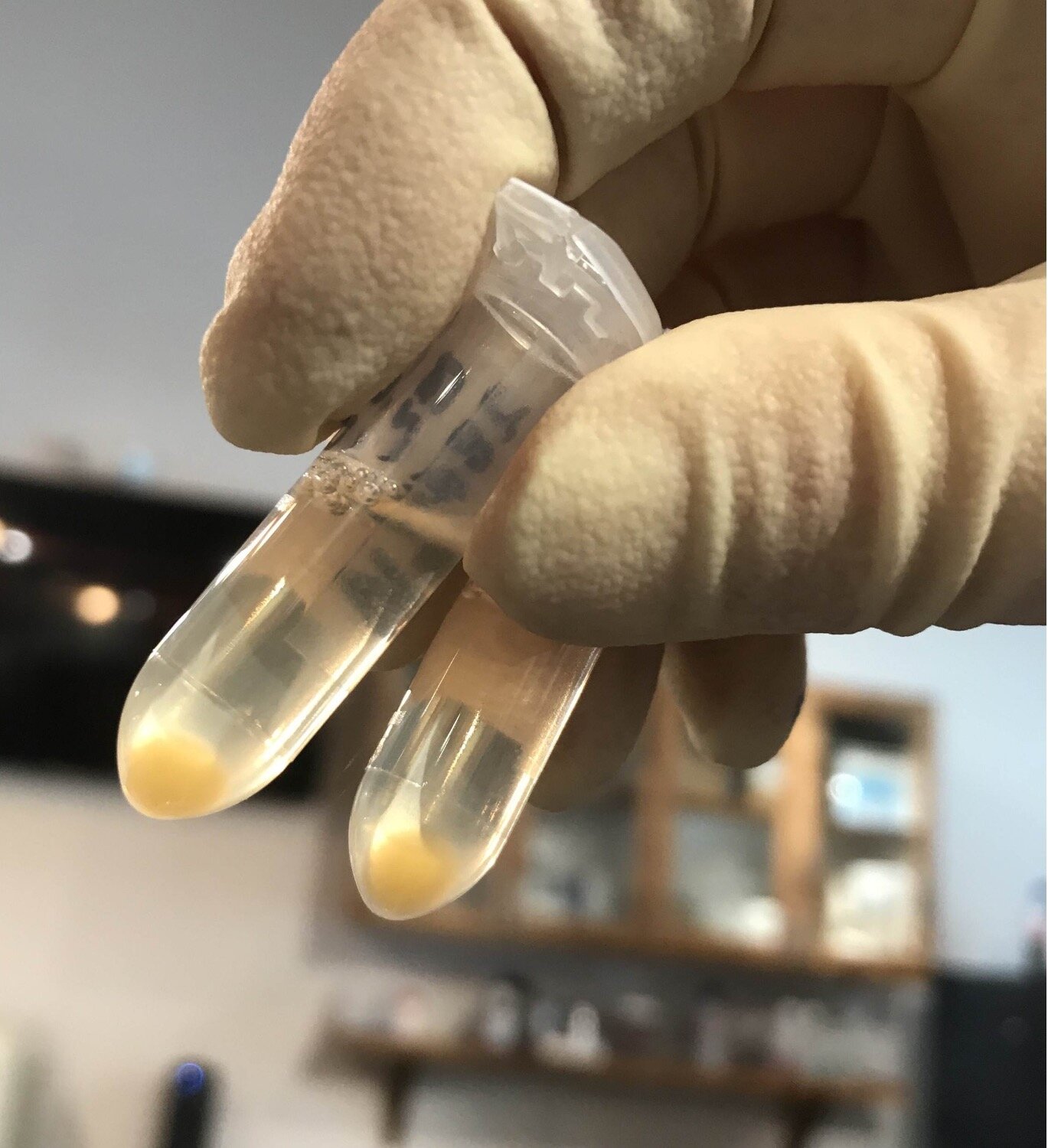As ALS advances, it leads to increasing paralysis, ultimately affecting movement, speech, and walking.
The current diagnostic process involves a thorough clinical evaluation, but confirmation can take up to a year, often after the patient has deteriorated considerably. Misdiagnosis is common, with rates reaching up to 68%, complicating timely and effective treatment.
A study titled “A MicroRNA Diagnostic Biomarker for Amyotrophic Lateral Sclerosis” has been published by researchers from Brain Chemistry Labs, a non-profit organization based in Jackson Hole, Wyoming, in the journal Brain Communications.
Their new diagnostic approach involves a straightforward blood test that examines microRNA sequences that happen to be small nucleic acid fragments released by the brain and nervous system.
By studying these sequences from a large number of patient samples, the researchers developed a unique “ALS fingerprint” consisting of eight specific microRNA sequences.
This fingerprint can accurately identify ALS patients, differentiate them from healthy individuals, and distinguish them from those with similar early-stage conditions, achieving an accuracy of up to 98%.
A Rapid Blood Test Created to Diagnose Amyotrophic Lateral Sclerosis
The test is based on findings from three earlier validation studies involving various patient groups, along with some other samples given by the U.S. National ALS Biorepository.
One of the senior directors representing the Brain Chemistry Labs is known to have been working on the availability of this test so that it could become available to neurologists in the future. It’s being done in association with the diagnostic company.
Citation:
Rapid blood diagnostic test developed for amyotrophic lateral sclerosis (2024, September 12)
retrieved 12 September 2024
from https://medicalxpress.com/news/2024-09-rapid-blood-diagnostic-amyotrophic-lateral.html
Also Read: CDC Says Nearly Half of Americans Need to Wear Masks Indoors
